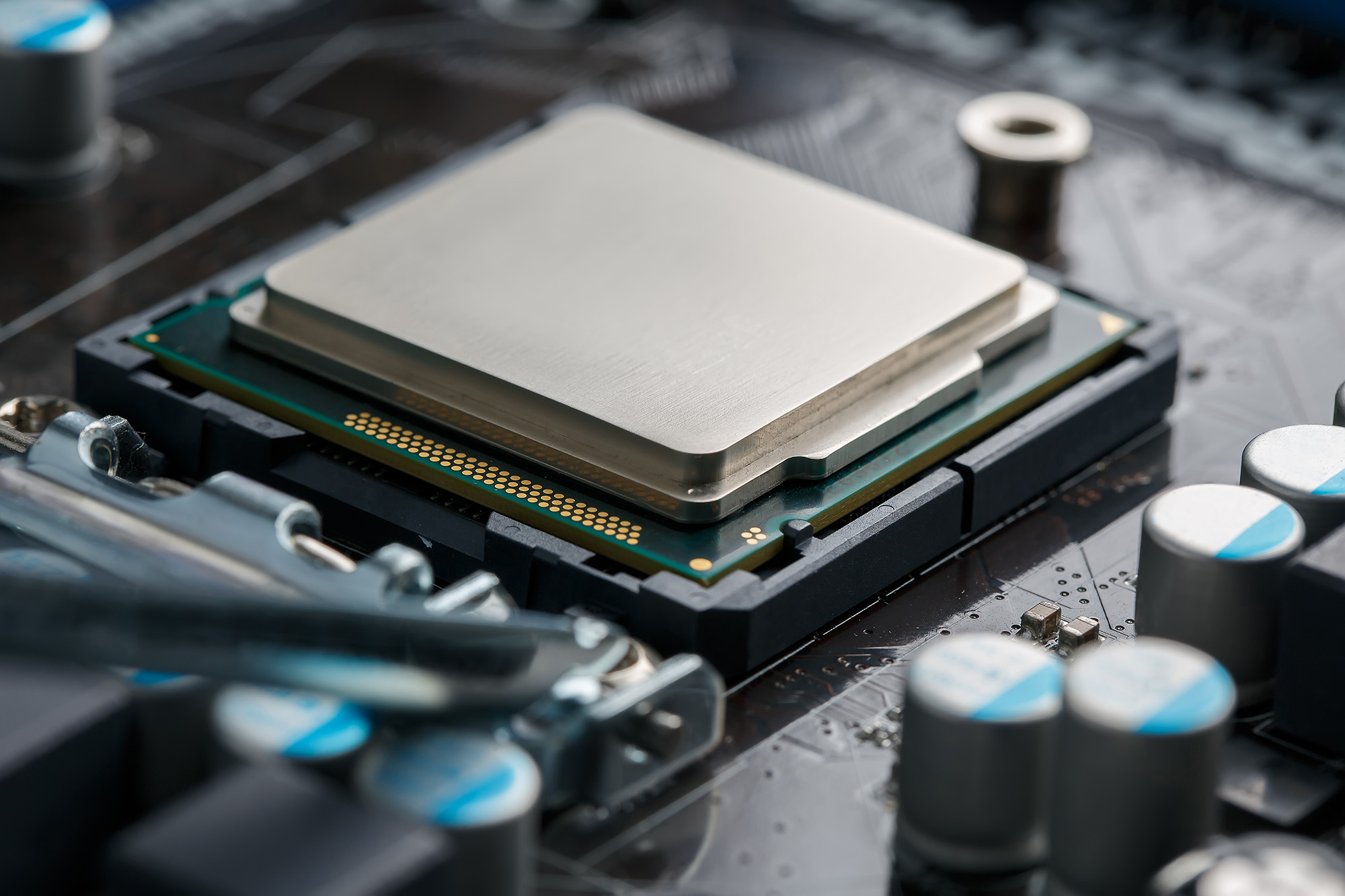
The U.S. government won't be extending its semiconductor export restrictions on China to "mature chips or legacy chips," per a Nikkei interview with the Assistant Secretary for Export Administration. This means that, for now, chips made on mature nodes (usually defined as 28nm or older) won't be subject to sanctions like processors made with more advanced technology.
At a press event at the U.S. embassy in Tokyo, Thea D. Rozman Kendler, in her capacity as Assistant Secretary for Export Administration, stated there was "no interest in expanding [export restrictions] further to mature chips or legacy chips." This decision comes after the Department of Commerce said it would consider putting sanctions on legacy processors in December over concerns that China was flooding the market with cheap chips the West couldn't compete against.
After surveying over 100 companies in several industries, the Commerce Department concluded it wouldn't be putting sanctions on legacy chips, at least for now. When explaining the Department's decision, Kendler said, "We've tried very hard to make sure that our semiconductor controls are as narrow as possible to make sure that we are addressing only our national security threat and nothing more."
Kendler also hinted that a factor in this decision was the U.S.'s reliance on Chinese-manufactured chips, saying the point of the survey was "to make sure that we have supply chain resilience." The implication is that if sanctions were placed on legacy chips, it could cause a shortage of simple but important processors used for a wide range of devices, such as electronics and cars. Clearly, the Department of Commerce won't pursue sanctions that could have significant collateral damage.
This means at least for now, U.S. sanctions will only impact silicon using more advanced nodes. These sanctions have forced Nvidia to downgrade its 8nm and 4nm GPUs twice to be legally compliant. Additional sanctions also aim to prevent China from obtaining Western technology that can be used to produce chips on 7nm nodes or smaller, but apparently, they haven't been entirely effective. Chinese foundry SMIC is reportedly developing its own 5nm and 3nm nodes, and if successful would be a massive hole in U.S. sanctions.







